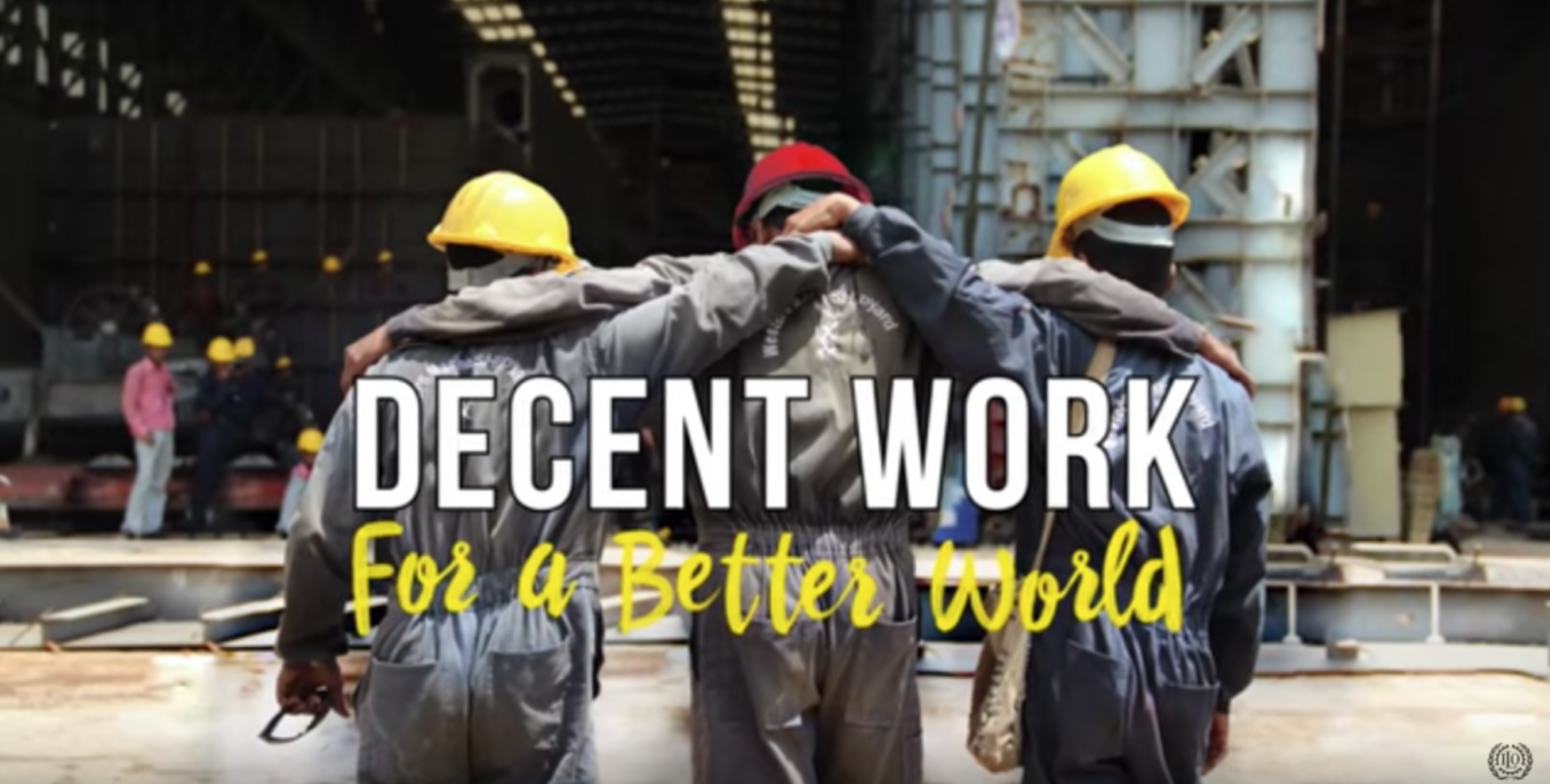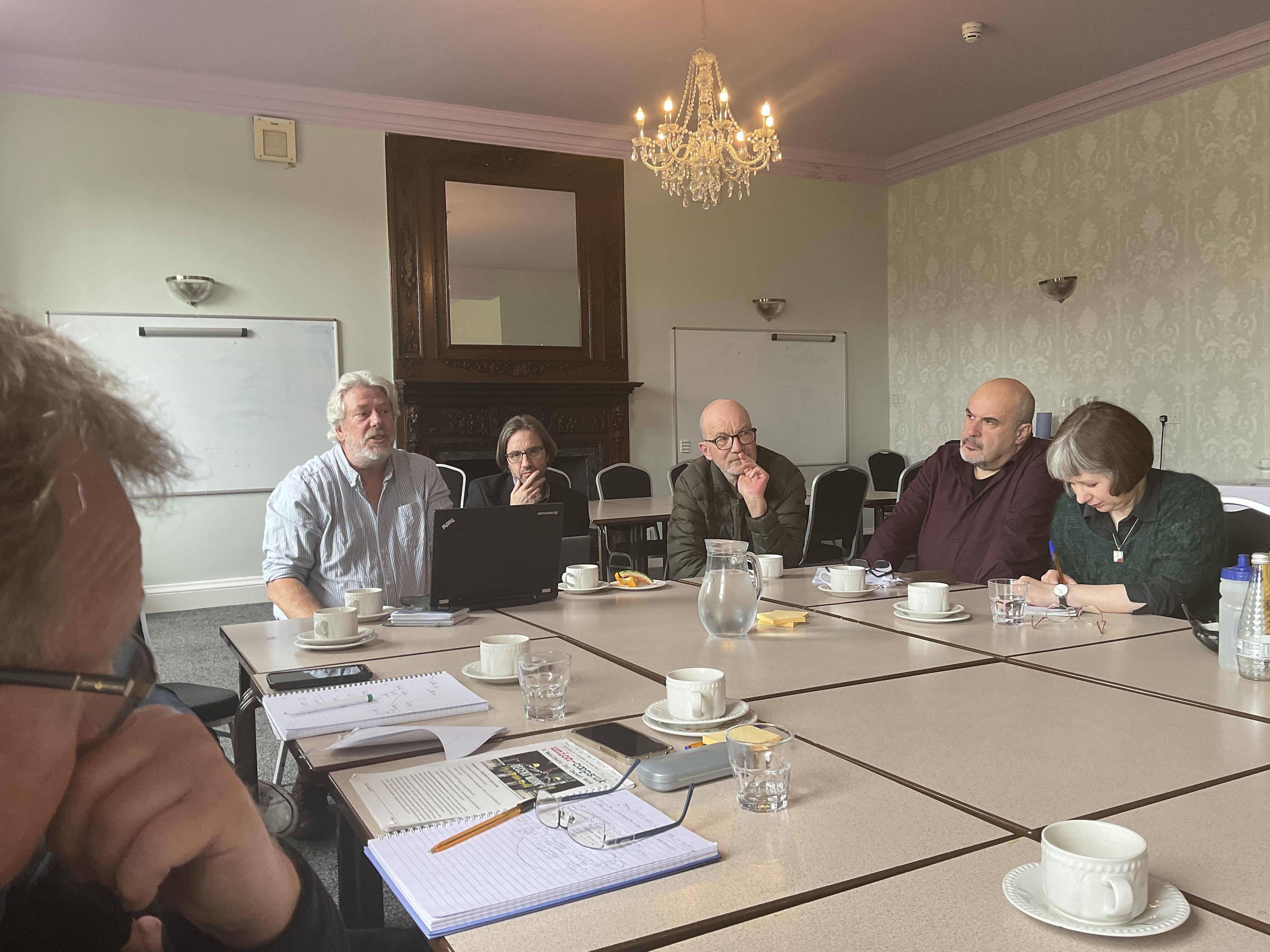
Our conference, Sponsored by BFAWU, MU, and Co-operative Ways Forward, took place on May 20th/21st 2022 at Wortley Hall, the “workers stately home” having been delayed from October 2021 due to Covid.
 22 of us met to develop a strategy to build the union-coops movement in the UK and to plan out our actions for the coming year and beyond. Our movement is now bigger and stronger, and we have the backing of key players in the trade union and worker co-operative movement.
22 of us met to develop a strategy to build the union-coops movement in the UK and to plan out our actions for the coming year and beyond. Our movement is now bigger and stronger, and we have the backing of key players in the trade union and worker co-operative movement.  We are committed to build membership and influence.
We are committed to build membership and influence.
Details of the discussions are recorded below:-
Participants
Andy Birchall, Colm Massey, Cilla Ross, Alex Bird, Mick McKeown, Martin Strube, Gareth Crockett, John Merritt, Simon Taylor, Chris Croome, Graham Mitchell, Fredy Velez, Anita Mangan, Niall Mulholland, Siôn Whellens, Miguel Martínez-Lucio, Cath Muller, Sarah Woolley
The session began with a round of introductions, including biographical background, expertise and what sparked people’s interest in union co-ops.
The general discussion is summarised as follows:
Chartism / co-ops retail
There is a long history of shared activism between co-operatives and unions that people have forgotten about. We need to bridge the gap created by the lack of information between unions and co-ops. We also need to bridge the wide gap in knowledge amongst the general public. The general public are unaware of co-ops and assume that it means The Co-op Group shops. Co-ops can be part of union renewal. Unionisation in turn can offer support and organisation to co-operatives and reduce any danger of a ‘race to the bottom’ in terms and conditions for co-operators. They can also address in-work poverty (e.g. trade union credit unions). Union co-ops is a chance for renewal for both movements to address pressing social, economic and environmental crises.
A certain size – the problem of scalability
Co-operative size was debated. Large co-ops often forget the broader co-operative principles. They might focus on membership, but forget about education and training, co-operation among co-operatives, and concern for community. Going back to Schumacher’s ‘small is beautiful’, becoming large scale means that you lose the benefits that co-ops can deliver. ‘Co-operation is more important than co-operatives’.
What about Co-ops UK?
Some suggestions about how Co-ops UK could protect and spread the unionised worker model better include:
• Scaling up successfully (rather than growth at any cost)
• The role of TUs in co-op development
• Educating TU organisers
• TUs’ public sector focus must be addressed, particularly their fear that co-ops are back door privatisation
• How to mobilise and move forward (in terms of infrastructure and finance)?
• Creating worker co-op / union agreements
Mutual membership
We need to create a union co-op with TU, co-operative development experts and organisers. There is some work to be done to work out how to make that argument to the TUs, who in many ways are co-ops themselves as they pass all the ICA principles and who share similar values and principles with co-operators. There is difficulty in engaging members in the democracy of TUs and a feeling that the democratic model is difficult to make work in the larger unions. In comparison, BECTU, Musicians’ Union, BFAWU and Equity (for example) are all small unions and therefore democracy is easier because they know all the members and their concerns, as well as being comfortable dealing with freelancers, self-employed etc.
Trade union learning – co-op thread
There have been efforts over the years to get unions and co-ops talking to each other. Lots of workers are scared or reluctant to of taking on management responsibilities, but the unions could encourage workers to feel able to take on those roles. We need education and support to do it. Mutual membership is also a possibility.
We need to look at the history of the movements to find out who were the good activists, unions and co-ops. We also need to be wary of taking too much inspiration from other countries’ models; the UK context is very different. For example, business ownership is very important to people in the US, but not so much in the UK. We should build on the history of mutualism in the UK. However, the mutual recognition between international colleagues is important.
How do we do co-op trade union education differently
TUs have become focused on health and safety training. We should offer co-op education to TUs. Preston Co-operative Education Centre is beginning to do this. Politics and conflict are always in the workplace, but workers get on with each other and co-operate in spite of management. Therefore, democracy is our selling point.
How do we engage with young co-operators who do not know of these issues, or who have not come through adult education or the TU education model? How do we get that model out there so that it is at grassroots level and engages and illuminates things to a new generation? We need to go back to basics by explaining how workplace democracy works, including agendas, minutes and voting.
Financial education
It is not political education but economic education that is needed. Once you start with economic education, then politics will follow.
Political education – joint module
We are stuck in structures that were developed 200 years ago and they need to be changed. On the other hand, the bureaucratic structures have democracy built into them. Part of the problem is that 30 years of neoliberalism has meant that it is the older activists who have been holding the line. This is beginning to change as there is a yearning for some kind of socialism, very broadly defined. We are battling against the decline of Terms & Conditions and rise of ideology. Therefore, education is essential as there is a wealth of historical information we can draw on.
How do we communicate all of this to the public? Plus, we need to get co-op knowledge to TU organisers. We need to aim at members, get information into journals, get to TUC congress, because members make policy.
TU activists are key. Trades Councils are also more open to general discussion because if you go to branches, you need to tailor the message to explain what is in it for them. We could ask branches to affiliate to union-coops:uk. It needs to be a combination of members and activists. Grassroots is essential, but there are fractures in the union, particularly the gulf between reps and members who joined online and are not known within the branch. Unions have been hollowed out by servicing members, and they need to get back to organising and activism, like a benign closed shop.
The Manifesto is not final and can be developed further, but it gets the basic problems articulated well – e.g. precarity and climate. How do we get that trust to organise for the world we’re now in? This goes back to the earlier point about language. We need to use words that are meaningful for younger generations. The vision needs to avoid old fashioned language to appeal to the under 35s, who are more likely to talk about values. We need a comms working group to focus on the best targets and that group needs to be young and diverse, with a few of us as additional members.
Where does the public sector fit in?
What are key concerns / campaigns in TUs that we could latch on to? Union renewal programmes are a good bet. The commercial development of consumer co-ops has made some TUs suspicious that retail co-ops are only interested in profit. It is natural to worry about backdoor privatisation, so we need to explain the case for union co-ops, the strength of which is the union element. We need to explain that commercialisation of the organisation / sector / service is not the goal. For example, care sector union members think that co-ops are privatisation by the back door, but TUs could argue for the terms and conditions of workers in a worker co-op and Local Authorities could ensure contracts that do not allow onward privatisation.
We do recognise however that there is a significant tension here between trade unions and co-operatives that needs to be addressed. It is always useful to recall ILO 193 in this context: “Cooperatives are not set up for, or used for, non-compliance with labour law or used to establish disguised employment relationships, and combat pseudo cooperatives violating workers’ rights, by ensuring that labour legislation is applied in all enterprises.”
Getting co-operative knowledge to TU organisers
• Aim at TU members
• Union journals
• Get union branches affiliated to Union Co-ops UK
• Building trust and solidarity
• Physical support from TUs
• Comms working group
Worker union movement
UVW, IWW, IWGIB, CAIWU are base non-TUC unions with Latin American members, mainly working as cleaners, porters, couriers etc. Many of the members are familiar with co-ops from their home countries.
What does success look like?
• Alliance of like-minded activists with common knowledge
• A conversation
• Activists all know about it
• Series of steps, a long way off
• TU movement is in flux. The left is depressed and looking for something. This is an opportunity for union co-ops
• Identify what the steps might be i.e. from persuasion to funding and building alliances
• Could the international element help because TUs already have international links?
• Find elements of community activism that could have co-op solutions
• How can you leverage TUs getting involved in economic development? It is slowly returning through Community Wealth Building (CWB). CWB needs unions involved with the councils.
• A cross party group at Westminster on union co-ops with Co-op & Labour Party, Green, Lib Dem Plaid Cymru and SNP MPs?
